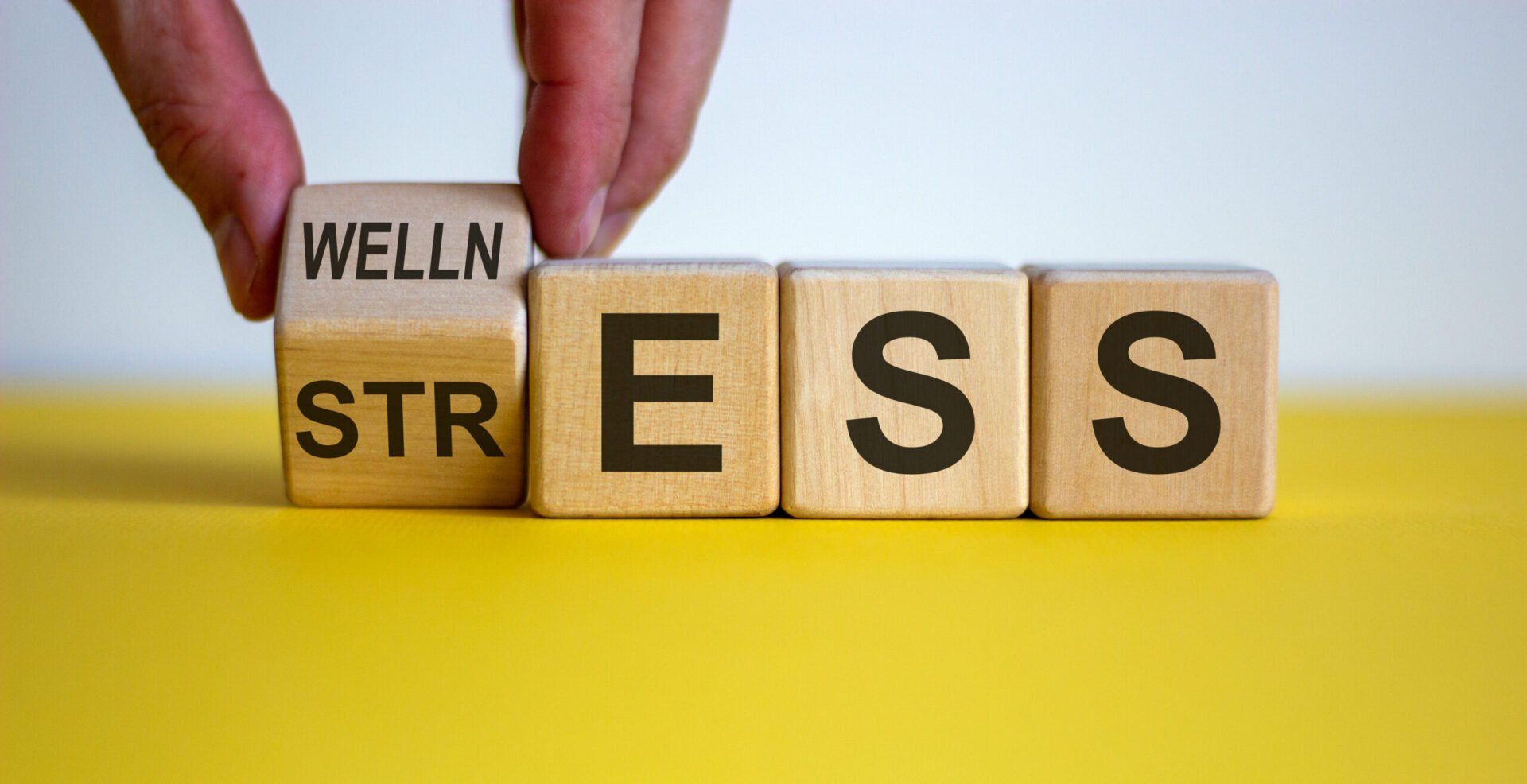Stress Management
It's critical to understand how stress affects your body and develop effective stress management skills to make stress work for you rather than against you.

We all are subjected to stress in our daily lives. Because stress causes or influences the great majority of health problems, it's critical to understand how stress affects your body and develop effective stress management skills to make stress work for you rather than against you.
What Exactly Is Stress?
Stress is how your body reacts to life changes. There is no way to avoid stress since life entails constant change—from everyday, ordinary adjustments like commuting from home to work to adjusting to big life changes like marriage, divorce, or the death of a loved one.
Your goal should not be to eliminate all stress, but to minimise unneeded stress and handle the rest properly. There are certain common stressors that many people face, but each person is unique.
Causes of Stress
Stress may arise from many sources, which are referred to as "stressors." Because our perceptions of what is "stressful" are formed by our individual perceptions of what happens in life (based on our particular mix of personality traits, habitual thought patterns, and available resources), a situation may be perceived as "stressful" by one person but only "challenging" by another.
Simply said, one person's stress trigger may not be worrisome to another. However, certain conditions tend to generate higher stress in most people, increasing the risk of burnout.
For example, when we are faced with great demands but have limited control and few options, we are more prone to experience stress. We may also experience stress when we do not feel prepared, when we are assessed severely by others, and when the consequences for failing are steep or unpredictable.
Many people are stressed out because of their work, relationships, financial troubles, and health challenges, as well as more commonplace factors such as clutter or a hectic schedule. Learning how to deal with these pressures can help you feel less stressed.
Effects of Stress
Stress affects each of us in distinct ways, just as each of us perceives it differently. One individual may feel headaches, another may experience stomach distress, and a third may experience any of a number of additional symptoms.
While we all react differently to stress, there is a broad list of widely observed stress symptoms that range from minor to life-threatening. Stress can impair immunity, affecting nearly every aspect of health. Stress can also have a negative impact on mood. Developing a stress management strategy is frequently part of an overall wellness strategy.
If you are having physical symptoms that you believe are related to stress, consult your doctor to ensure you are doing everything possible to protect your health. Stress-related symptoms are not "all in your brain," and they must be addressed carefully.
Stress Reduction Techniques
Stress can be efficiently controlled in a variety of ways. The most effective stress management regimens typically involve a combination of stress relievers that address stress physiologically and psychologically while also aiding in the development of resilience and coping abilities.
Use Stress Relievers Right Away
Some stress alleviation strategies can calm the body's stress reaction in just a few minutes. These approaches provide a "quick fix" that helps you feel calmer in the moment, which can be beneficial in a variety of ways.
When your stress reaction is not activated, you may be able to tackle situations more deliberately and proactively. Because you are less prone to lash out at people in frustration, your relationships may be healthier. Stopping your stress response in its tracks can also save you from developing chronic stress.
Quick stress remedies, such as breathing exercises, may not strengthen your resilience to future stress or reduce the stressors you confront. However, once the stress response is activated, they can help to relax the body's physiology.
Form Stress-Relieving Habits
Some tactics are more difficult to apply when you are in the midst of a stressful scenario. However, if you practice them on a regular basis, they can help you manage stress in general by making you less reactive to it and more capable of rapidly and easily reversing your stress response.
Long-term healthy practices, such as regular exercise or meditation, can assist to develop resistance to stressors should they become a regular part of your life.
Communication skills and other lifestyle skills can aid in stress management and shifting our feelings from "overwhelmed" to "challenging" or even "excited."
Stress Reduction Through Healthy Lifestyle Habits
When Possible, Remove Stressors
You may not be able to completely eliminate stress from your life, or even the most significant stressors, but there are ways to reduce it to a bearable level.
Any tension that you can eliminate will reduce your overall stress burden. For example, eliminating even one toxic relationship can help you deal with other stressors more successfully since you may feel less burdened.
Discovering a wide range of stress management approaches and then selecting a combination that works for you can be a significant strategy for effective stress release.
FAQs on Stress
There are some frequent questions concerning stress and stress management that you may have.
Is all stress bad for your health?
There are various sorts of stress, and not all of them are bad. Eustress, for example, is a type of positive stress. However, chronic stress has been related to a variety of major health conditions and is the form of negative stress that receives the most attention in the media. 1 While we want to control or eliminate negative stress, we also want to maintain positive stress in our lives to keep us lively and alive.
However, if we experience excessive stress in our life, even "good" stress can contribute to high stress levels, leading to feelings of overwhelm or having your stress response triggered for an extended period of time. This is why it is still critical to learn to relax your body and mind on a regular basis and to avoid excessive stress wherever feasible.
How Can I Tell If I'm Overly Stressed?
Stress affects each of us in unique ways, not all of which are negative. In reality, the stress of living an adventurous life may be a terrific motivator and keep things interesting. However, when stress levels become too high, many people develop stress symptoms.
Headaches, impatience, and "fuzzy thinking," for example, might all be signs that you're under too much stress.
While not everyone who is stressed may exhibit these symptoms, many will.
If you find that you don't know how stressed you are until you're overwhelmed, it's critical to learn to notice your body's subtle indicators and your own behaviour in the same way that an outside observer might. You can use a body scan meditation to see how your body reacts to stress (it helps relax at the same time).
What Should I Do If I'm Feeling Stressed?
It's natural for us to feel stressed from time to time. While it is nearly impossible to eliminate times when events conspire and the body's stress response is triggered, there are ways to quickly reverse your body's reaction to stress, keeping your thinking clear and buffering the damage to your health, so you can deal with what's going on in the moment more effectively.
Is It Possible to Be Less Affected by Stress?
Regular stress management practices will help you eliminate some of your tension and make you more resilient in the face of future stress. You can try anything from a morning stroll to an evening journaling practice to simply making more time for friends. The key is to discover something that fits your lifestyle and personality so that you can stick with it.






